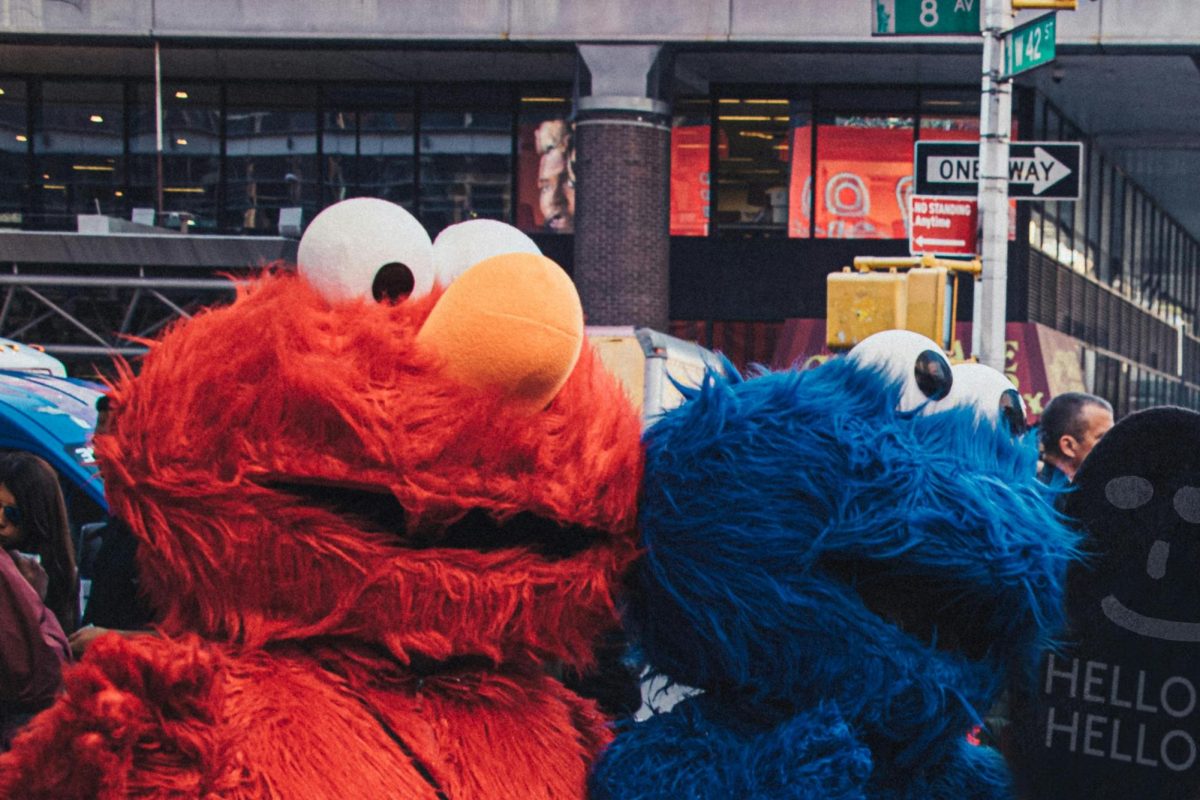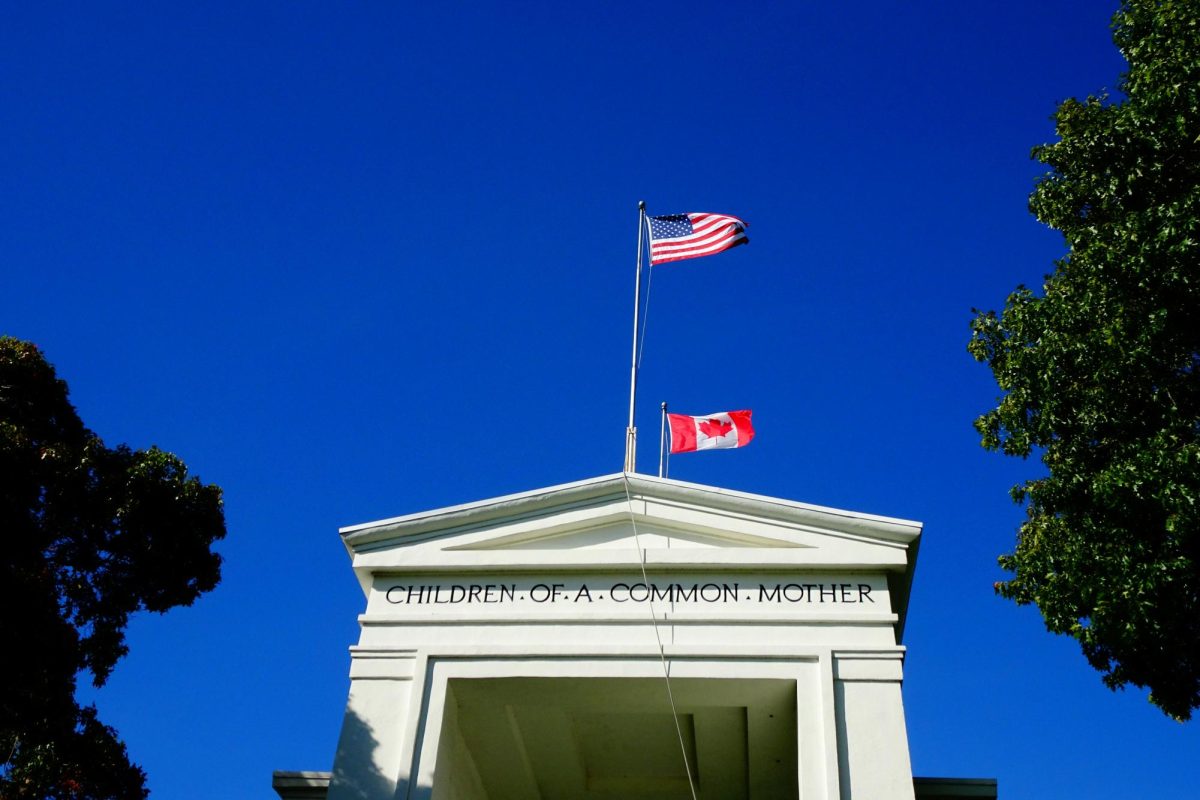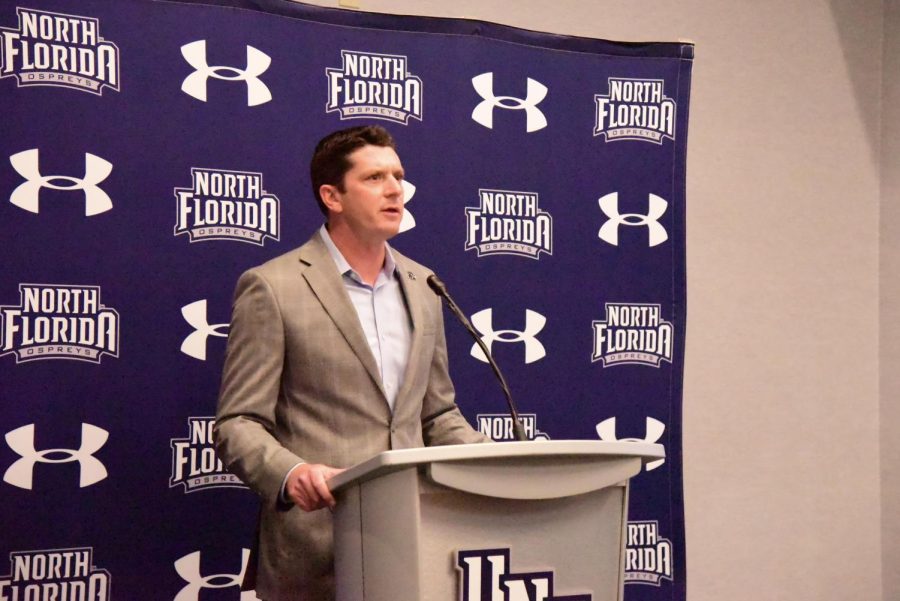This article expresses the views of its author(s), separate from those of this publication. Readers are encouraged to comment or submit a Letter to the Editor to share their opinions. To submit a Letter to the Editor, follow the instructions here.
Having grown up watching Elmo, Big Bird, and the other residents of “Sesame Street”, I have always had a sentimental attachment to public media.
As I’ve gotten older, the publicly funded programming that I consume has changed with me. Now, I turn to NPR, WNYC, and other public radio stations to stay informed about the world around me.
Public media often finds itself the subject of political debate.
Despite proclaiming his love for Big Bird, Mitt Romney famously declared his intent to stop NPR funding during a presidential debate.
More recently, HBO struck a deal to put “Sesame Street” episodes on Max, and even more recently, HBO dropped the program, leaving the show floundering to find new ways to keep it alive.
On the more “grown-up” side of public broadcasting, fiscally conservative or ideologically libertarian individuals have argued that the government should defund NPR and other public media entities. Much of the criticism facing public media stems from accusations of left-leaning bias.
In January, President Trump’s new FCC chairman opened an investigation into NPR and PBS.
So much has happened in the first weeks of the Trump administration that I think it is important to keep in mind the downhill impacts of the decisions coming from the executive branch.
Impact of Cutting Public Media
I recently listened to an episode of WNYC’s “On the Media” where they addressed attempts to cut public broadcasting.
In the episode, host Brooke Gladstone interviewed Mike Gonzalez, a senior fellow at the Heritage Foundation who has argued against tax-payers funding public broadcasting.
One argument of his that stood out to me was that social media can supplement news coverage for people who live in communities that do not have local news stations. I have previously written about the dangers of using social media as a news source, so I will not linger on this point too long.
What does strike me about this argument, however, is the fact that it fails to account for some basic concerns, such as the fact that millions of Americans do not have access to broadband internet.
If radio programming budget cuts occur, there may be pockets of America that are unable to stay informed about important information.
In general, what I find unsatisfying about arguments for cutting public media funding is the lack of consideration for what these programs do.
Oftentimes, the people making these claims seem to not fully realize who needs these services, and are too blinded by their hatred of liberals in the media to see the other ways tax dollars serve the public through the media.
While I want public media to stay funded because I like it, I also want to highlight that these programs do serve a purpose beyond planting liberal propaganda into the information ecosphere.
Whether it’s “Sesame Street” or NPR, public media deserves to be funded because it does affect everyday people, even if some do not believe so.
___
For more information or news tips, or if you see an error in this story or have any compliments or concerns, contact editor@unfspinnaker.com.

















